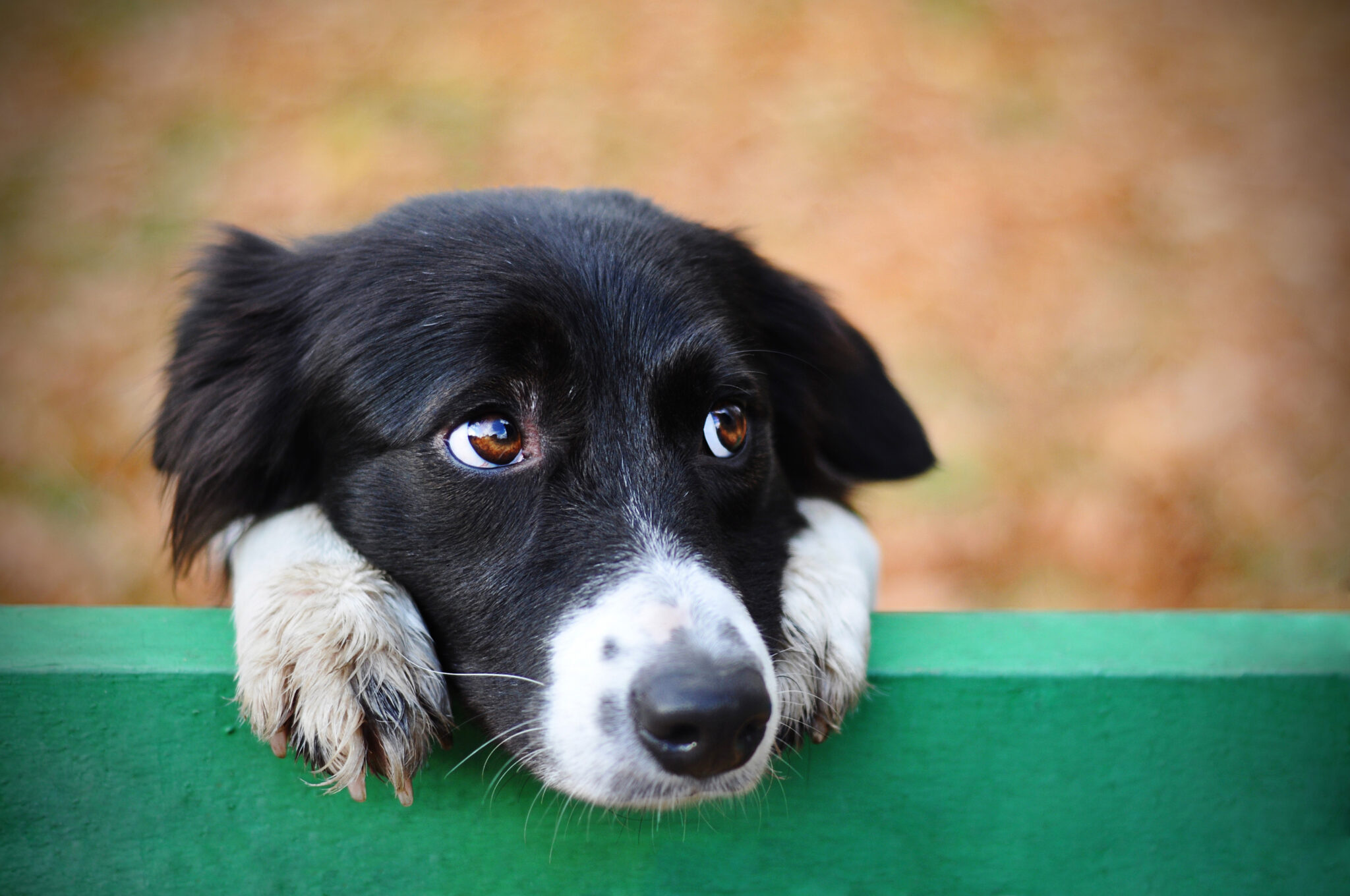
Losing a pet is often a difficult experience for the whole family, including the other four-legged friends in the household. Italian researchers recently discovered that dogs can also mourn another dog.
dr. Federica Pirrone and her colleagues interviewed 426 people who had at least two dogs, one of which had died. They asked them about the living animal’s behavior to determine whether the loss of its playmate had any impact on its well-being.
This seems to be the case. The vast majority of respondents (86%) said their pet had changed their attitude after the other dog in the family disappeared. They were less playful, had less appetite, were more anxious and wanted attention. Changes in attitude that could be a sign of suffering, researchers say.
The scientists found that this change in behavior was not related to the number of years the two dogs had lived together, or even if the surviving dog had seen its companion’s corpse. Another important point: owners’ grief doesn’t seem to affect their dog’s attitude either. Researchers say they don’t project their grief onto their pet.
Mourning, a universal experience?
However, it is quite possible that the dog will change its behavior on its own in the face of its owner’s emotional distress. The study states that the more the owner suffered from the death of one of his pets, the more anxious the dog was and had little appetite.
The researchers also came up with another hypothesis to explain this change in attitude in man’s best friend. The death of one of the dogs in the household may have disrupted the surviving dog’s behavior because they shared the same daily routine. “In support of this hypothesis, we found that if the dogs were in the habit of sharing food throughout their lives, the surviving dog was more likely to have reduced activity levels and more sleep after death.‘, we read in the study, which was recently published in the journal Nature.
But dr. Federica Pirrone and her colleagues are reluctant to label this change in behavior as grieving. “While we recognize the significance of these findings, we still cannot confirm that this is a death”, they write in their research. Either way, humans aren’t the only ones who can grieve. Many animals do the same when faced with the loss of one of their own. This is especially the case for great apes such as chimpanzees and gorillas.
(ETX Daily Up)